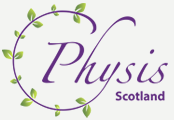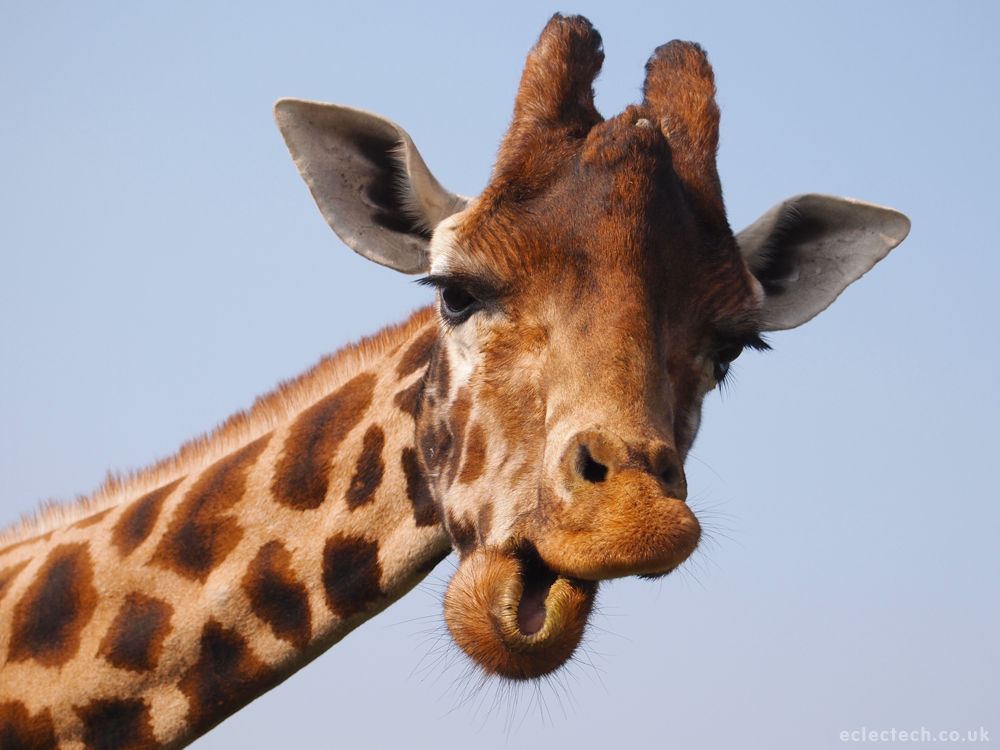As I come to the end of another training year I am struck by the number of comments from trainees about how much laughter has been part of the training process. Should this seem strange? After all we have spent so many days together discussing abandonment, neglect, loss, trauma and disturbance, we have reflected on painful childhood experiences of abuse, bullying, confusion and distress, we have reviewed theory on mental illness, personality disorder and psychosis – and yet we have laughed. You are probably familiar with the research, formal and informal, into the way in which laughter is “infectious”, how laughter in a crowd will spread and amplify in a way that is unusual when a person is isolated. Mirror neurons in action perhaps? And we know that endorphins are released during laughter, so we want more of them. So is this the simple explanation for how much we have laughed in our training groups? I don’t think so. I think there are times when laughter contains something more, something of vulnerability and resilience that can be evoked in a powerful way in focussed and potentially intimate (in the Bernian sense) relationships.
I remember as a child hearing on the radio that now infamous incident during a cricket test match when one of the commentators inadvertently used a “double entendre” – “The bowler’s Holding, the batsman’s Willie” – and then “corpsed” unable to speak, helpless with wheezing paroxysms of laughter. And again, really showing my age now, the moments during Terry Wogan’s breakfast show on the radio, when in the lead up to the conclusion of one of his infamous “Janet and John” stories, he would become incapable of speech, trying to force out the final words through helpless giggling. It was not the humour itself that made me laugh – it was the helpless laughter itself and the person struggling to get themselves together enough to continue.
In my opinion, laughter has its greatest power when combined with vulnerability and struggle. Laughter in the therapy room often creates a very tender connection between therapist and client, a moment of intimacy, of meeting, that has delicacy within its impact. Sharing a client’s gallows humour can result in the hidden fear or unbearable truth behind the laughter going unseen and “discounted” by both parties, or it can lead to a poignant recognition of the humanity of both therapist and client as we make eye contact and the client sees themselves gently reflected, without shaming, in the therapist’s smile. In my own experience as a client, this often in turn creates the safety wherein I can release the tears and fears that have been held behind the humour. At a body level, the breathing patterns and movements of ribs, diaphragm and associated muscles, are very similar for laughter and deep sobbing, so perhaps the crossover into grief is eased through the activation of these muscle groups and their engagement in action for laughter.
I have, stored on my “smart phone”, one of these moments, provided by my 10 year old son. Having watched the introduction to one of my T’ai Chi DVDs, he proceeded to demonstrate the gentle art for our entertainment. He created a series of quite beautiful flowing movements very much in the style of T’ai Chi, drawing on his own repertoire of Karate forms – very impressive. However, he reduced his audience to tears of laughter with his parody of the original instructor’s expression of meditative focus – eyes lifted to heaven and a slightly freakish beatific smile fixed in place throughout my son’s version of the routine. Reflecting back on it later, I realised that by provoking our laughter he had actually intensified the meaning of the moment – maybe the humour connection also deepened my awareness of his vulnerability, his complex experience of his own pride in his skills with his self-consciousness about exposing them to us in this context. I believe that sharing my pleasure in him within those few minutes of laughter will also have enabled him to strengthen and underpin his sense of self and others as “OK”, the value of “positive looks” now proven to be part of building self-esteem.
So, in the journey to become a counsellor or therapist, the training group shares many moments of intensity and complexity; personal pain, insights, revelations, challenges of starting practice, exposing emergent skills to the group and the trainer, the group dynamic itself. It seems that laughter is needed here as much as in therapy and our original development as children – to form and deepen interpersonal bonds, to enable trust and risk taking in exposing vulnerability, to facilitate the discharge of heightened emotions, and to create the intimacy of relationship necessary to allow us to tolerate the intensity of this process of growth and development.
Following my son’s example, we practice in the group what we are grappling with in our own process, testing our balance and flow as counsellors and therapists, with or without beatific expression.
Barbara Clarkson PTSTA


